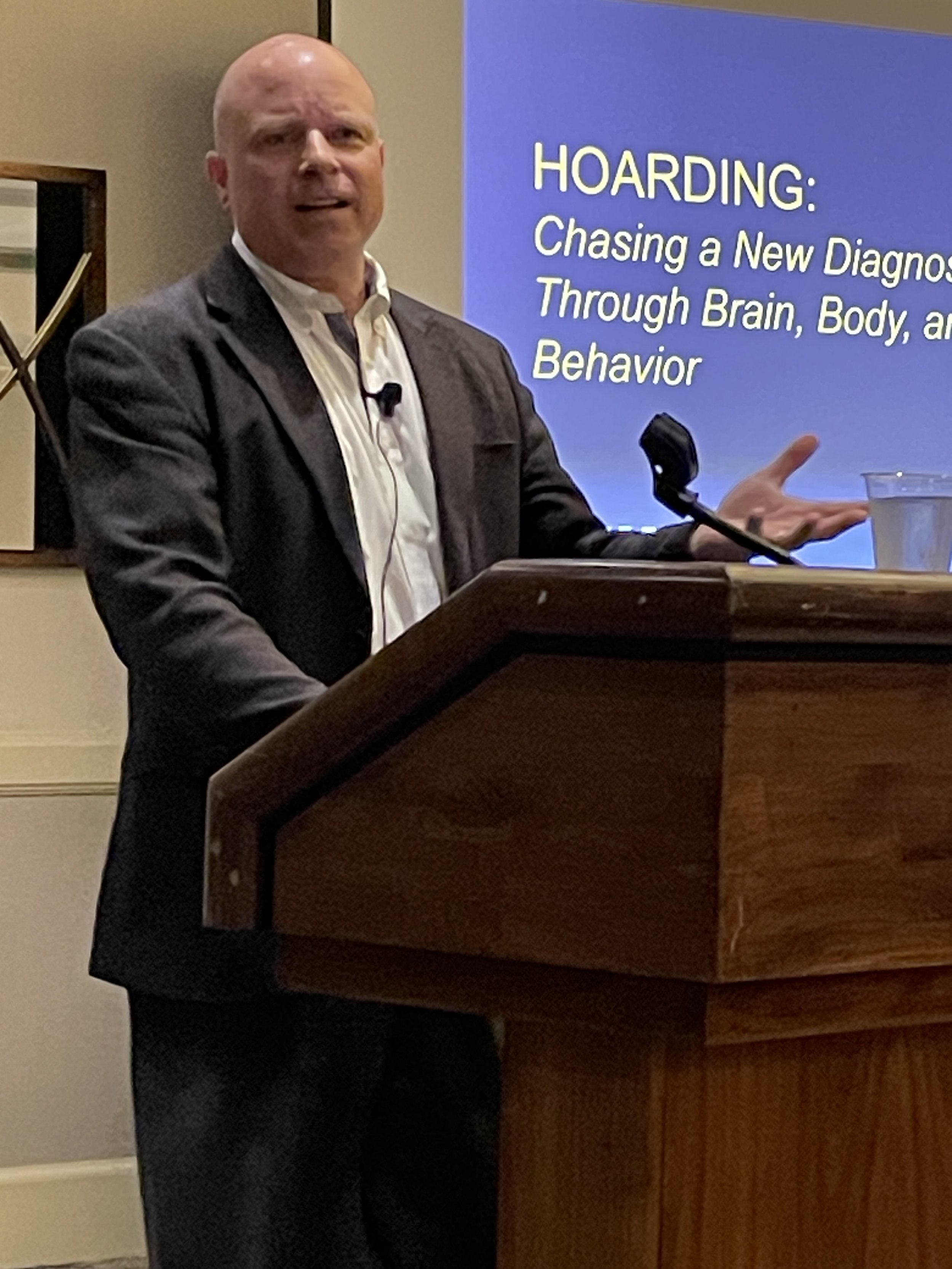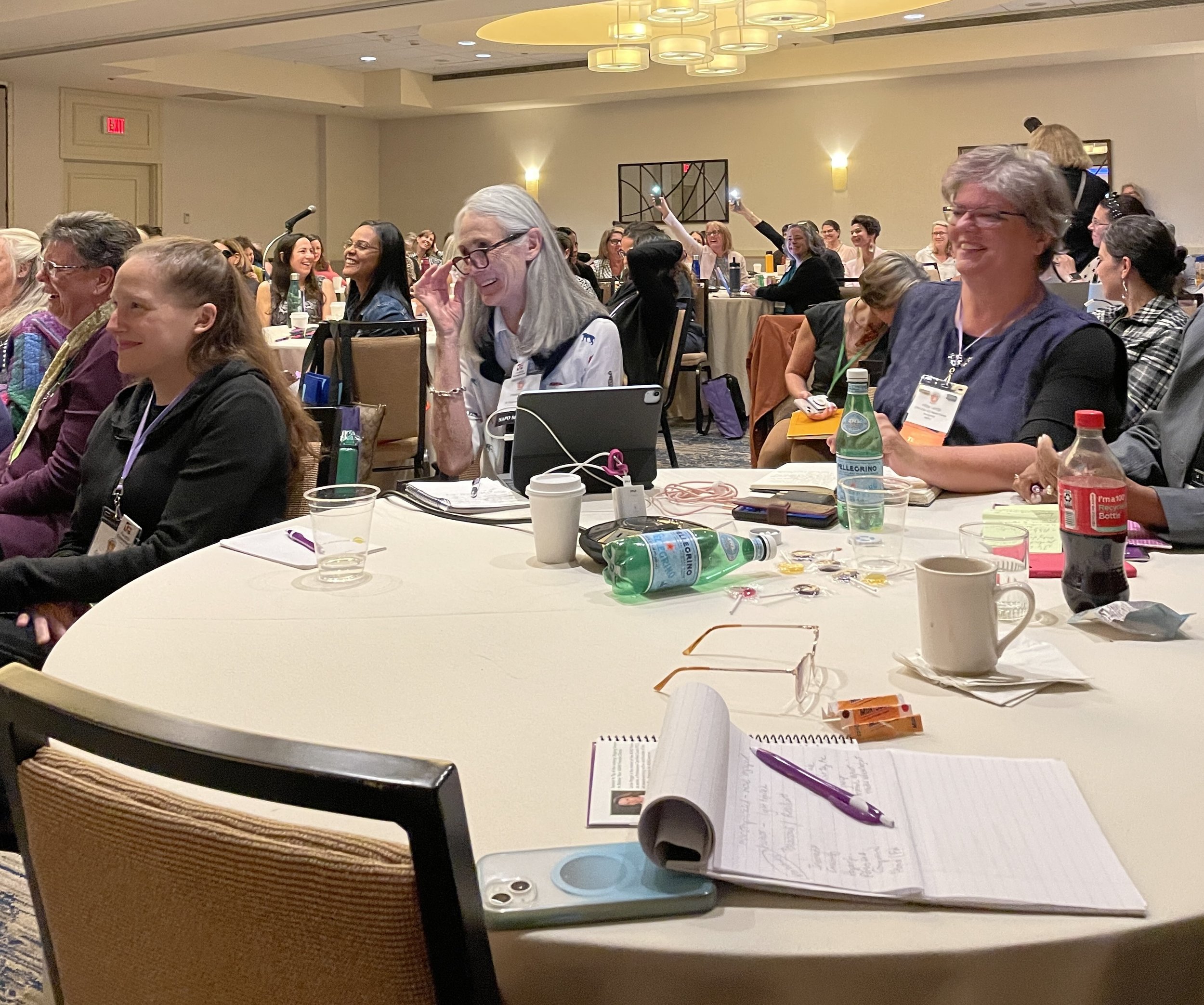As this year ends, it’s time to reflect on the past twelve months and the year about to begin. 2023 has been full of intense emotions, enriching experiences, and deep conversations on the blog. We’ve walked side-by-side, navigated turbulent waters, made new discoveries, and grappled with life balance. In these free-flowing exchanges, insights, new perspectives, and hope emerged.
Conversations
Our conversations about life balance, change, mindfulness, clutter, letting go, motivation, organizing, self-care, hope, and more have provided abundant comfort, connection, and joy. Thank you for being part of this generous community. You inspire me to show up, write, think, explore, and engage.
Gratitude
I am profoundly grateful for this community’s thoughtful words and beautiful sharing. I curated twelve of my favorite quotes of the year from active engagers, selecting one from each month’s theme. Thank you, Deb Lee, Diane Quintana, Ellen Delap, Jana Arevalo, Janet Barclay, Janet Schiesl, Jonda Beattie, Julie Bestry, Melissa Gratias, Sabrina Quairoli, Seana Turner, and Yota Schneider. You are consistent voices and participators who bring our conversations to life. I am grateful to you and everyone who reads the blog, contributes to our discussions, or shares the posts. You bring hope, light, curiosity, perspective, and learning to every day.
There have been many other conversation participators and sharers this year, including Andi Willis, Cathy Borg, Geralin Thomas, Hazel Thornton, Jill Katz, Julie Stobbe, Juliet Landau-Pope, Kim Tremblay, Laura Cullen Carter, MJ Rosenthal, Pam Holland, Phaedra Studt, Sara Skillen, and Stacey Agin Murray. Thank you for bringing richness to our conversations and for sharing your ideas.
Enjoy the year in review- one quote, insight, and revelation at a time!
12 Inspired Quotes from Our Conversations This Year That Will Make You Feel Hopeful
1. Fresh Start | How to Make Fortune Cookie Wisdom Inspire Your Fresh Start
“It really is just a question of getting started for a lot of the time. We make excuses or put up our own obstacles for why we can’t start a project or a goal. Sometimes, it’s not perfect, but you just have to jump in.”
2. Embrace Change | Are You Willing to Trust the Wait as You Make Your Fierce Change Journey?
“Change is inevitable. Some changes we look forward to and other changes we dread. But we all have the gift of the now and today.”
“One tiny thing is often the antidote to overwhelm and ‘Where should I start?’ Sometimes, that little thing becomes the catalyst for bigger things. Or it stays tiny but mighty and gets your thoughts and ideas (and sense of calm) flowing again.”
“Taking that one step, letting go of that one thing, can make all the difference …
It is liberating, empowering, and often underestimated.”
“I think of clutter as a near-constant buzz in the background. You try to ignore it, but that takes mental resources. Silence the buzz and redeploy the resources.”
6. Time Management | Life Moves Really Fast, Yet Do You Appreciate the Value of a Timely Pause?
“Taking short and long breaks is vital to enjoying life.”
7. Motivation | 3 Delightful Ways to Increase Your Motivation Now
“… for me, accountability is best for professional motivation, and deadlines are better for personal (non-stress-inducing) motivation, but each of us will be different.
”
8. Enlisting Help | 9 Marvelous Way Virtual Professional Organizers Can Help with Transitions
“It’s the ‘out of the blue’ transitions, or ones through which I am yet to tread, that are difficult. In these seasons, having others with experience makes all the difference …”
“Whatever we’re embarking on will go much more smoothly if we take the time to mindfully identify what we need in terms of human and other resources before we get started.”
10. Possibilities | 3 Inspiring Messages of Hope That Encourage Possibilities
“Glimmers are what keep hope, possibility, and joy afloat …”
11. Wonderfully Human | How to Joyfully Grow and Thrive When Life Feels Like Complete Chaos
“Sometimes it’s hard when you’re going through a lot to feel joyful. But hope is the light at the end of the tunnel. Without it, there is no end.”
12. Life Balance | 12 Hopeful and Best Loved Organizing Ideas of the Year
“All of us have so many facets to our life. Thinking about paying attention to all of them with the same focus is impossible. But when we think about intentionally bringing in a little of this and a little of that, we can create a life that works with the way we want to live.”
These quotes were taken from our lively exchanges on the blog this year. What resonates with you? Which idea do you want to bring forward into the New Year?
How can I help make 2024 a great year? When you’re ready for support with creating a better balance, letting go of what no longer serves you, or getting more organized, I’ll be here. Contact me, Linda, by phone at 914-271-5673, by email at linda@ohsoorganized.com, or this form.
I wish you a happy, healthy, and joy-filled New Year!



















